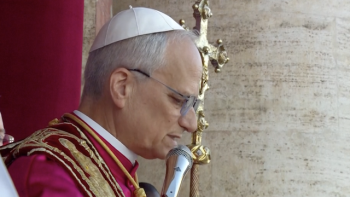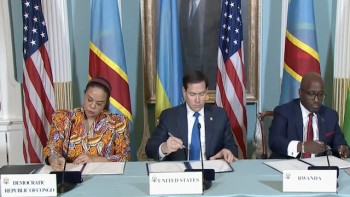The new President of the Republic of Burundi, General Evariste Ndayishimiye has published the names of the cabinet ministers in his new government, a few days after his swearing in ceremony (see here: AfroAmerica Network: General Evariste Ndayishimiye, sworn in as 10th President of Burundi). The Burundi new cabinet is being hailed as a major step forward across Africa: small and targeted, and hence, expected to be more efficient and effective. However, the government has a unique first: among the ministers are Ms. Imelde Sabushimike, the first Twa woman to be part of a government in Africa. Why?
Twa, also known as Batwa in plural, is a minority ethnic group, present in the countries of Burundi, Democratic Republic of Congo, Rwanda, and Uganda. They are part of the group of indigenous African Pygmy, believed to be the first people to inhabit the Great Lakes Region of Africa and the Congo Bassin, including the countries of Angola, Botswana, Burundi, Central African Republic, Democratic Republic of Congo, Namibia, Rwanda, Uganda and Zambia. According to archeologists, their ancestors were in the areas tens of thousand of years ago. They make up of 1% of the population in Burundi.
Twa have, in general, been marginialized by other tribes, and pushed to remaining hunter-gatherers, most of the time in the rain forests or potters. Hence, they were partially absorbed or displaced by later immigrations of other peoples and tribes. Even in recent years, as Africa countries developed, the BaTwa were mostly ignored and sidelined, and did not benefit from education, economy, and government policies. With very few getting education, they could not reach high government or corporation posts, and even less, occupy Government cabinet ministers in any of the countries of the region. Until now.
Burundi President, General Evariste Ndayishimiye, by appointing Ms. Imelde Sabushimike as the first Twa woman to be part of a government in any country in Africa, has changed the course of history. During his swearing ceremony, General Evariste Ndayishimiye put forward an ambitious development and social agenda, including education, healthcare, energy, job creation, and many more. Ms. Imelde Sabushimike , as the Minister of National Solidarity, Social Affairs, Human Rights, and Gender will be a pillar for the agenda.
In 2013 Ms. Imelde Sabushimike was working f for UNIPROBA (Unissons nous pour la Promotion des Batwa or Unite for the Promotion of the Batwa ), an NGO founded in 2003 to defend the rights of the Batwa community. She was then helping in improving the quality of life of the Batwa by distributing land, livestock, hoes and seeds to the Batwa community. As she said then, at the UN Human Rights Office Indigenous Fellowship Programme in Geneva, that "over the last decades, the Batwa lost their native land. .. Without land, compensation or skills to live outside the forests, the Batwa have been struggling to survive in their new environment."

















